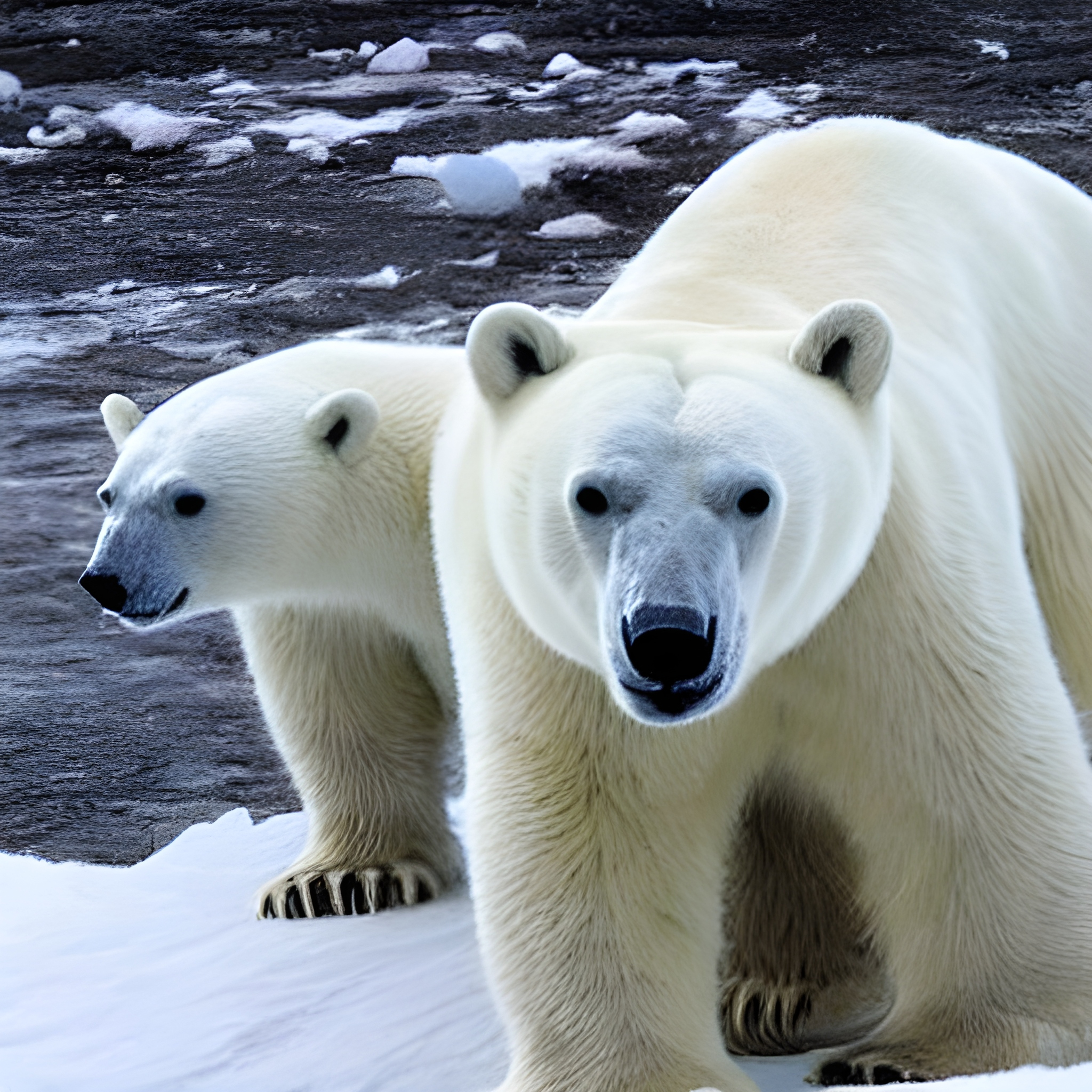Original article written by : AFP
Polar bears in Canada’s Hudson Bay face the looming threat of starvation due to climate change, which is causing longer periods without Arctic Sea ice. Typically, polar bears rely on this ice to access their main source of food, such as fatty ringed and bearded seals. However, as human-induced climate change extends the ice-free season in the Arctic, polar bears are forced to spend more time on land, where food sources are scarce. Despite their adaptive nature, polar bears are struggling to find enough sustenance to meet their energy demands in this changing environment.
Recent research conducted on 20 polar bears in Hudson Bay reveals their resourcefulness in seeking food alternatives on land. While some bears reduced their activity levels to conserve energy, others remained active, exploring various food options such as grasses, berries, and even scavenging carcasses. However, these efforts proved insufficient to sustain their energy needs, leading to weight loss and an increased risk of starvation. As the ice-free period lengthens, the plight of polar bears becomes increasingly dire, underscoring the urgent need for mitigating climate change to ensure their survival.

